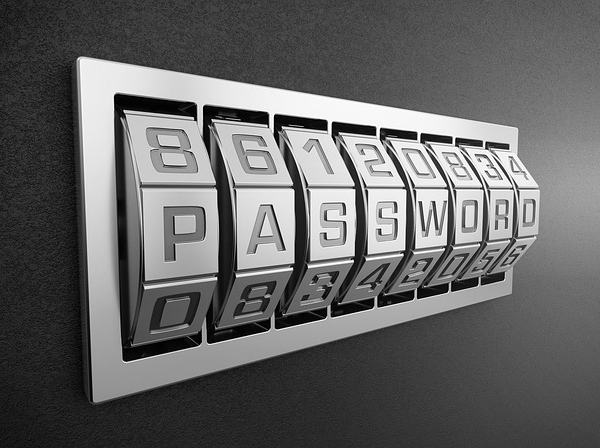If you took out a loan earlier this year, there’s a chance you’ll be hearing from your bank about a flub that may have been part of its lending decision.
One of the three big credit-reporting companies, Equifax, announced this week that a coding issue resulted in the company providing inaccurate consumer credit scores to lenders between March 17 and April 6. Millions of scores were affected, according to a report in The Wall Street Journal.
While most of the scores did not experience a material difference, Equifax said, a sizable number — less than 300,000 — saw a shift of 25 points or more due to the error. That’s more than enough to cause a different lending decision.
More from Personal Finance:
Millennials’ average net worth more than doubled in pandemic
Gen Z is saving more for retirement than older generations
Here’s how social media ‘FOMO’ drives bad spending habits
Equifax said in its announcement that it is collaborating with its customers — i.e., the lenders — to determine the “actual impact to customers.” A company spokesperson told CNBC that consumers who think their loan decision was affected should reach out to their lender. (How to determine that is explained further down.)
The revelation also has led to a class-action lawsuit being filed against Equifax in U.S. District Court in North Georgia, according to an NBC News report. The suit seeks a jury trial for damages suffered by affected consumers.
Why the credit scoring mistake matters
As consumers know, credit scores play a big role in determining whether you are approved for a loan or credit card, and, if so, what interest rate or fees you will pay. The higher the score, the better the terms you’re able to qualify for, and vice versa.
FICO scores — which typically range from 300 to 850 — are what most lenders use to inform their decisions. For mortgage and auto loans, there are generally 20-point bands within that range, each associated with particular loan terms, said Al Bingham, a credit expert and mortgage loan officer with Momentum Loans.
For example, if your score falls in the 700 to 719 bracket, you get the same rate regardless of whether your score is 700 or 719.
“As long as the change in the Equifax credit score stayed within that [band], there is no issue,” Bingham said.
Yet if the mistake caused the score to jump outside that band in one direction or the other, “it becomes an issue for rates and fees,” he said. In other words, those 300,000 or so consumers whose scores were wrong by 25 points or more either received worse terms than they should have — or they could even have been rejected altogether — or qualified for better terms than their actual score would have allowed.
How to tell if you were affected by the coding issue
It’s unclear when consumers would hear directly from their bank or other lender if they were materially affected by an inaccurate score. A spokesman for JPMorgan Chase, the largest bank in the U.S., said, “We are proactively working with Equifax and our customers to address [the issue] on a case-by-case basis.”
If you wonder whether you could have been impacted because you took out a loan, or tried to but were rejected, during the affected time frame, you should be able to check your documents from the transaction to see if the lender provided your FICO …….
